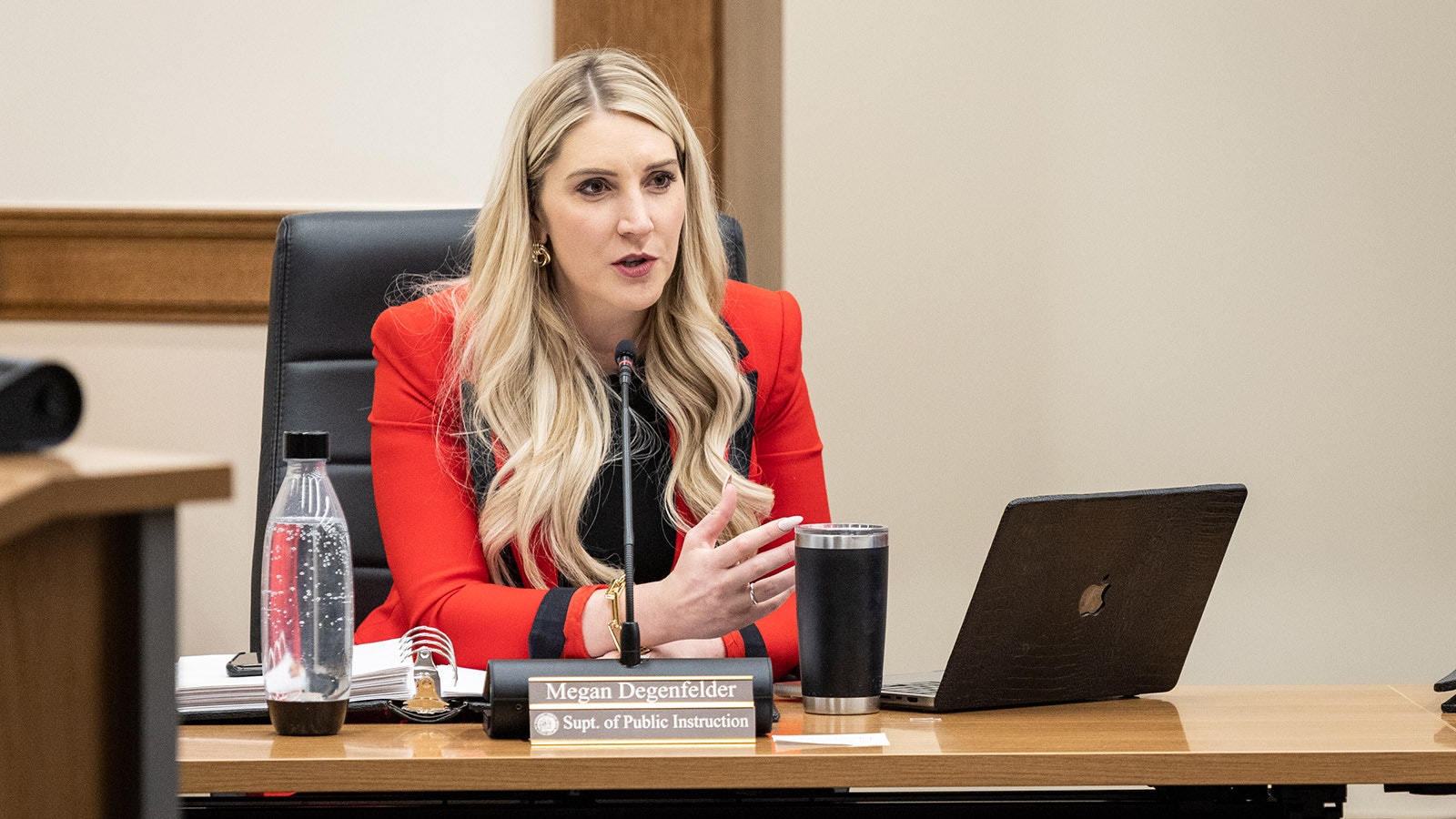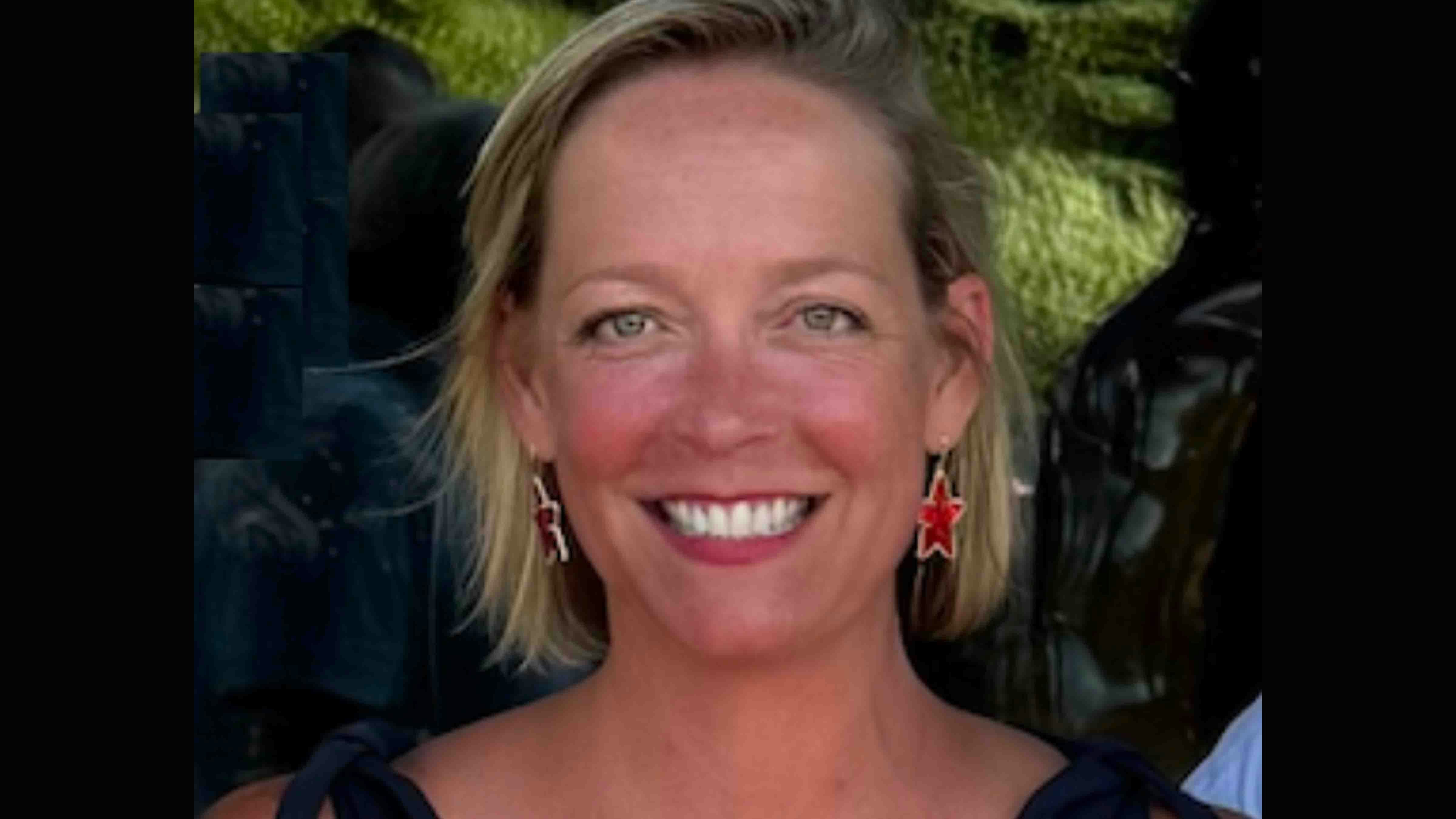In recent years, DEI—Diversity, Equity, and Inclusion—has shifted from a worthy pursuit into a contentious political battleground.
What started as an effort to better include historically marginalized groups has, unfortunately, devolved into a means to inject political and divisive ideologies into educational institutions.
I have watched with concern as DEI initiatives across the nation, and even within our own state, have strayed from their original mission, and I voiced my concerns to the University of Wyoming Board of Trustees and administration over the proliferation of DEI bureaucracy at the University.
With an annual budget nearing $865,000 and one of only nine University Vice President level positions, the DEI office is allocated resources that could be better utilized for long-standing systems of support already in place to benefit marginalized populations on campus, such as Multicultural Affairs, International Students and Scholars, and Disability Services.
Every student on campus deserves to feel safe, welcome and included–no matter their race or background. My critique of DEI programs is not rooted in the rejection of diversity or inclusion, but rather, from a growing awareness that many of these programs promote a divisive and counterproductive narrative under the guise of inclusivity.
Our universities should not cloak political agendas in student services or programs. They should not presume the righteousness of only one side, promote a sense of guilt and division among students, neglect important context in order to obscure the whole story, or legitimize fringe ideas.
And, they most certainly should not use taxpayer dollars to do so.
What do we, as leaders in the government and education, need to do now? We cannot continue business as usual and respond by simply replacing the state’s stricken appropriation for DEI with non-public funds, particularly when the state is by far the largest funder of the University.
President Seidel’s plan to convene a working group is a good start, and I would respectfully add some additional direction to the work.
First, the group should include members of the state legislature, business, and industry in addition to UW employees and students.
Second, the group should create a list of divisive concepts that have no place at the University of Wyoming, or anywhere in America, but are commonly promoted by DEI programs such as:
- America or the American education system is systemically racist.
- A person by virtue of his or her race, skin color, ethnicity, sex, political beliefs, or faith is 1) racist, sexist, or oppressive; 2) should be discriminated against for these virtues; or 3) bears responsibility for actions committed in the past by other members of the same race or virtues.
- Merit, hard work, achievement, and other earned attributes or accolades are racist or sexist or were created by a particular race to oppress another race.
Those examples are present in DEI programming across the country and are counter to the Wyoming and U.S. Constitutions as well as federal and state civil rights and anti-discrimination laws.
Once these concepts are explicitly called out, it should be the directive from the UW Board of Trustees to the administration that all colleges, offices, and programs should end any training, curriculum, materials, or any other practice that perpetuates these divisive lessons.
I often advocate for bringing patriotism back into our educational system. In doing so, I am not calling for a blind celebration of our nation's history or a denial of our missteps.
True patriotism acknowledges America's flaws while also celebrating the incredible progress we've made towards becoming a more perfect union—a journey marked by the brilliance and foresight of our Founding Fathers.
I stand committed to ensuring that Wyoming's educational system reflects the values of true inclusivity, merit, and patriotism.
This means explicitly rejecting any doctrine that divides our students along racial or ideological lines and reaffirms our dedication to teaching the principles that have made both America and Wyoming strong.
This is a call to action for not only the University to respond, but for the people of Wyoming to speak up about what they expect out of their state’s sole University.
My husband and I are both proud graduates of the University of Wyoming.
More than anything, I want the University to be successful. We must work together to ensure that our education system is a place of learning, respect, and unity, where the next generation is equipped to preserve, protect, and enhance the ideals that have made our nation great.
Megan Degenfelder is Wyoming's Superintendent of Public Instruction.





